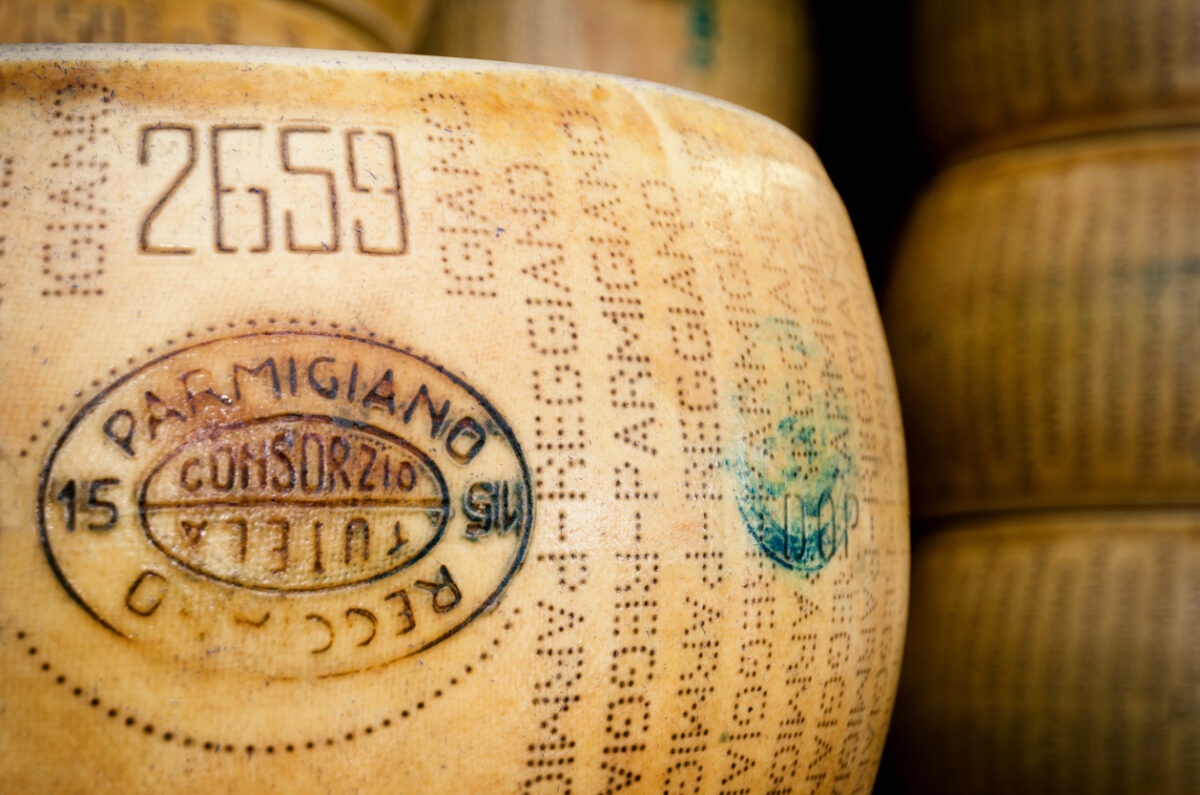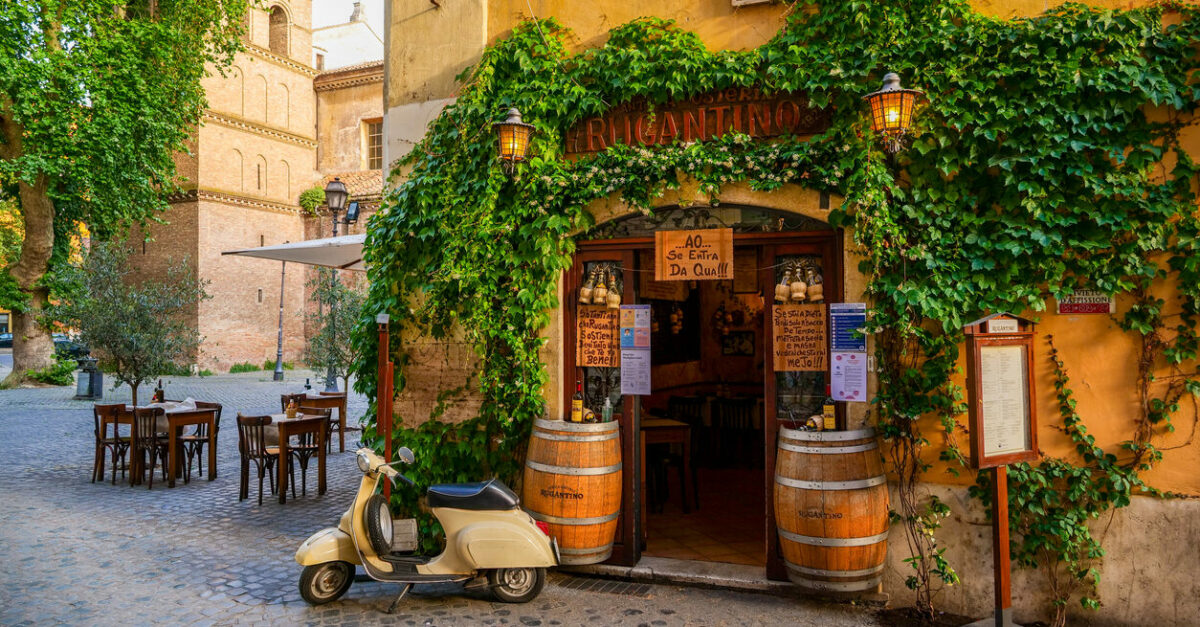Italy pursues court action after clashing with Slovenia over balsamic vinegar

Italy’s government is launching legal proceedings against Slovenia, as it tries to stop the country from infringing on the authenticity of its geographically protected balsamic vinegar.
The term aceto balsamico di Modena (balsamic vinegar of Modena) is protected and can only be used by producers in the city of Modena and the Emilia-Romagna region of Italy. This rule has been in place since 2009.
Despite the rule, balsamic vinegar remains one of the most ‘faked’ foods in the world, and the disagreement between the two neighbouring countries is just the latest instance of this.
Last year, Slovenia notified the European Commission of its intentions to standardise its vinegar production – essentially aiming to sell any wine vinegar mixed with concentrated fruit juice as balsamic vinegar.
According to Italy, such a move is a threat to the tradition of Modena balsamic vinegar, which requires at least 12 years of fermentation and aging to reach its signature sweet-sour taste and syrupy texture.
Responding to the perceived threat, Italian Prime Minister Mario Draghi has now given permission to the country’s state attorney to launch legal proceedings.
The process will begin with a consultation with the European Commission, and could lead to the case being heard at the European Union court of justice.
Whether the legal proceedings will be successful is debateable – balsamic vinegar producers in Italy have not always triumphed when attempting to defend their name.
In 2019, the European Union court of justice ruled in favour of a German company, which was using the terms balsamico and Deutscher balsamico on its products.
The justification given by the court was that while the full term, aceto balsamico di Modena, is protected, whilst individual non-geographic terms themselves are not. Because aceto is a common word, and balsamico is technically an adjective related to the vinegar, the restrictions did not apply.
Italy is among a large group of countries which seek to guard traditional foods against perceived ‘fakes’ through geographic protections.
Certain companies are also increasingly taking pains to certify the authenticity of their produce – earlier this year the Consorzio del Parmigiano Reggiano adopted blockchain-powered traceability labels so that consumers could verify their parmesan cheese as genuine.
The practice is something that is of increasing interest to UK food producers too. Last month, an All-Party Parliamentary Group dedicated to geographically protected foods called on the Government to develop and improve Geographical Indication policy.








